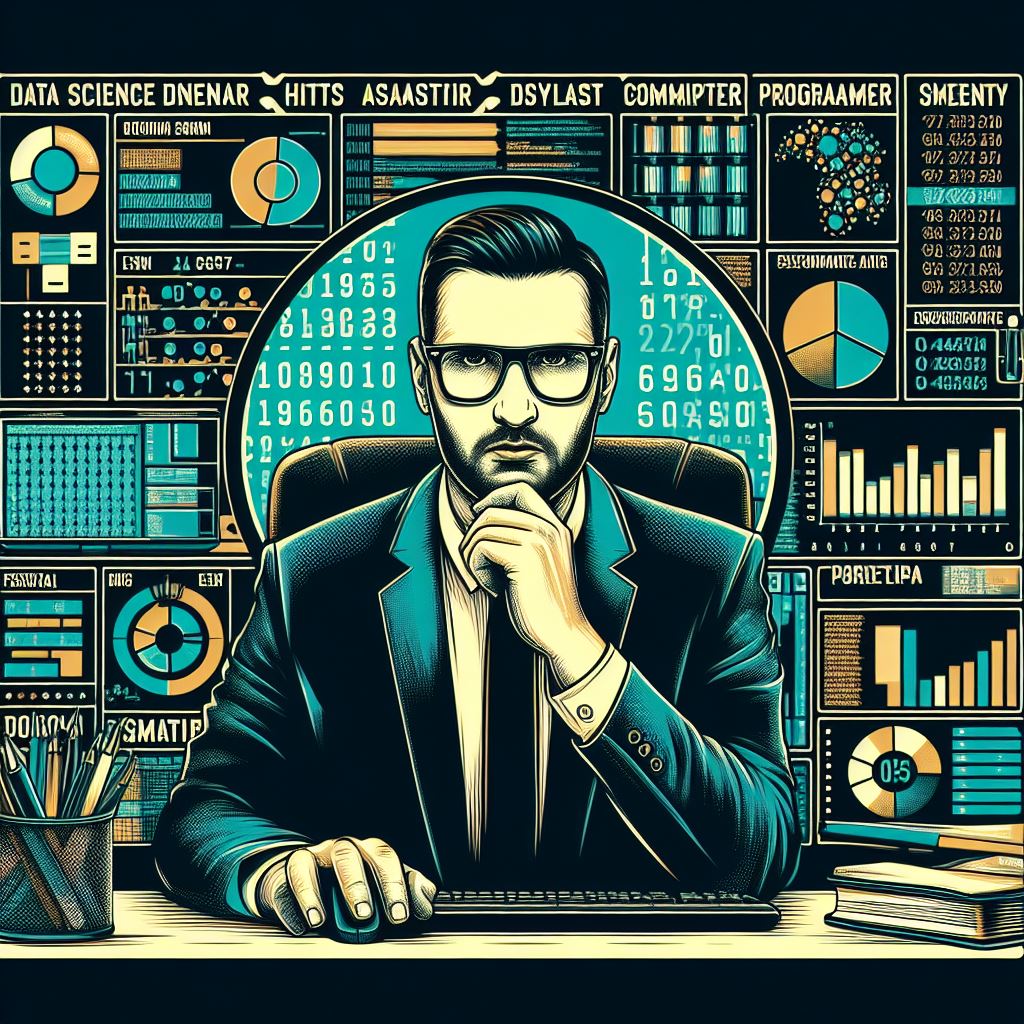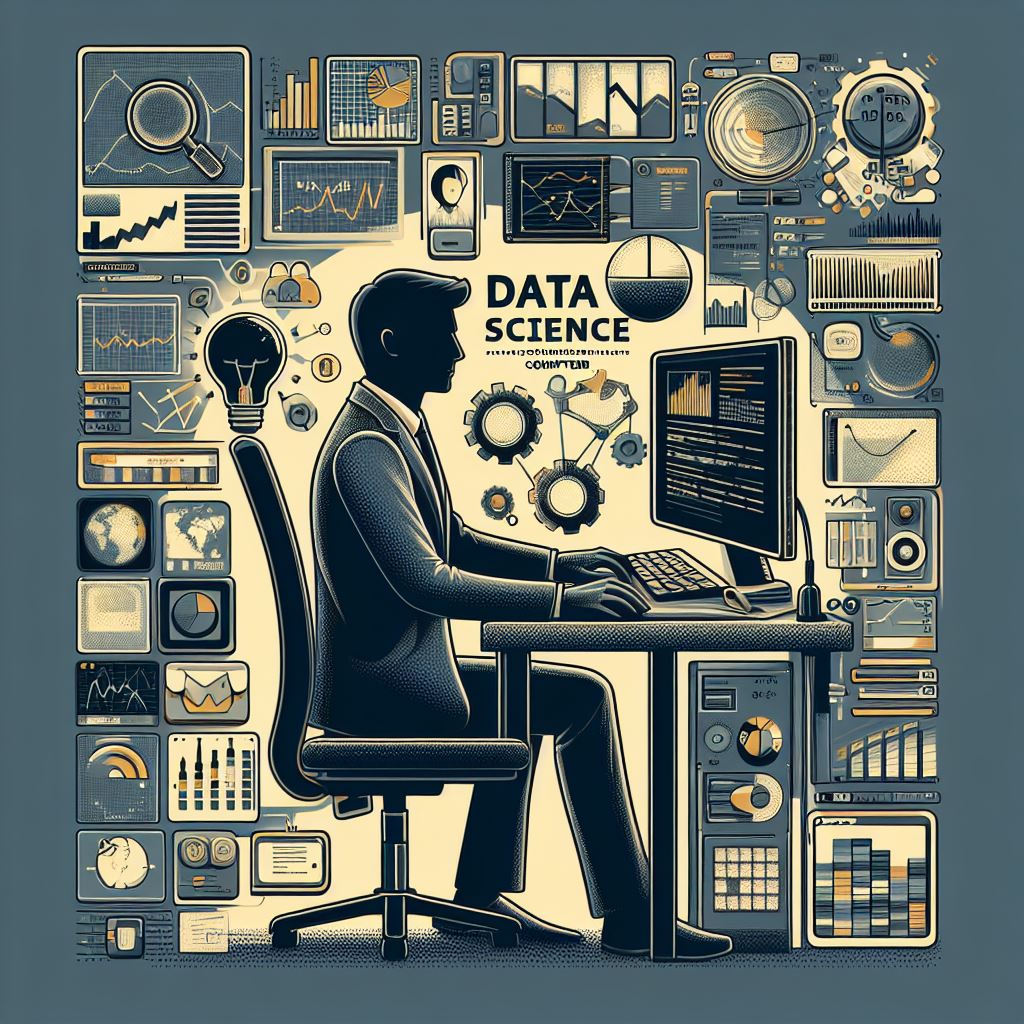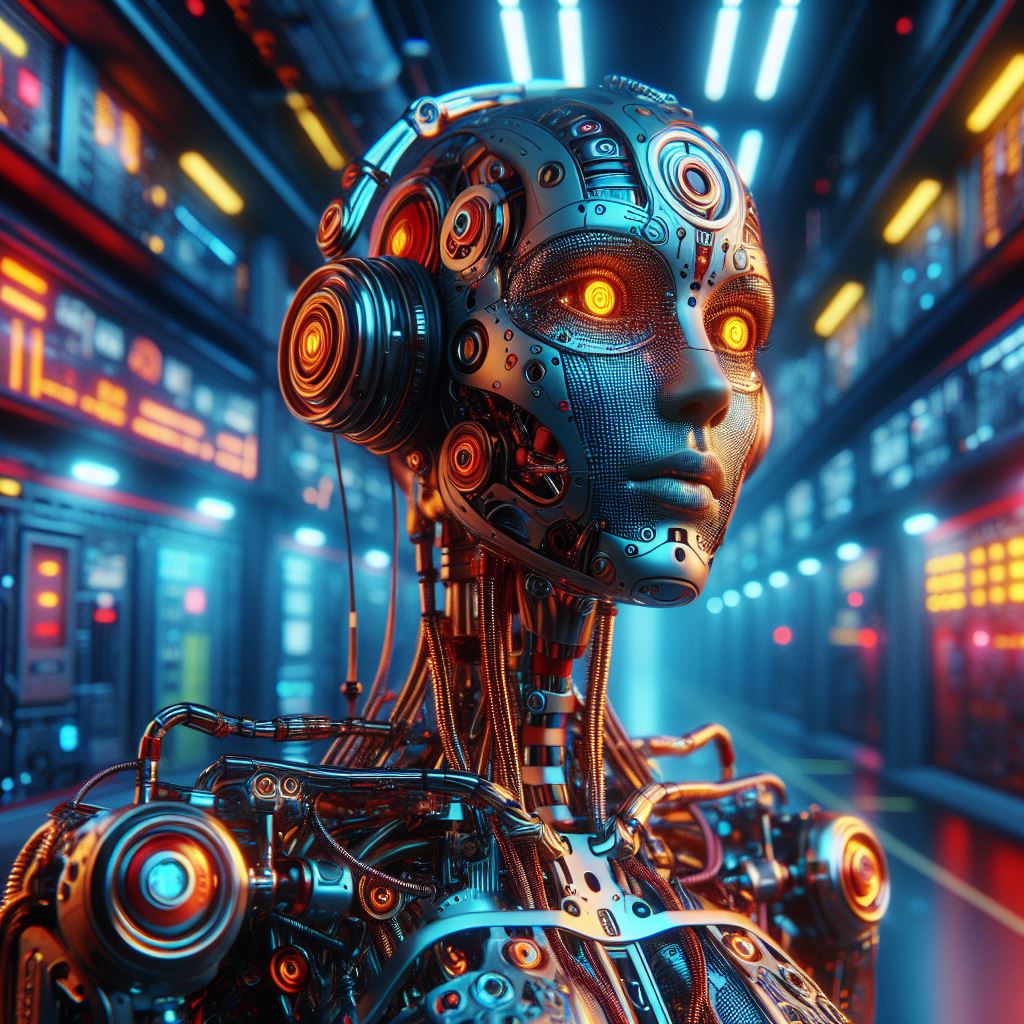Machine learning (ML) has transformed various industries, with healthcare being one of the most promising areas for its application. By leveraging large datasets and sophisticated algorithms, healthcare professionals can make more accurate diagnoses, optimize treatment plans, and improve patient outcomes. In this article, we will explore the diverse applications of machine learning in healthcare, its benefits, and how it is shaping the future of the industry.
1. Predictive Analytics for Patient Care
One of the most significant contributions of machine learning in healthcare is predictive analytics. ML algorithms can analyze a patient’s medical history, lifestyle factors, and test results to predict potential health risks. For example, predictive models can identify individuals at high risk for heart disease, diabetes, or stroke. Early detection allows healthcare providers to take preventative measures, improving patient outcomes and reducing healthcare costs.
2. Medical Imaging and Diagnostics
Medical imaging is another area where machine learning has made a tremendous impact. ML algorithms, particularly deep learning models, can analyze medical images such as X-rays, MRIs, and CT scans with remarkable accuracy. These models help detect conditions like tumors, fractures, and abnormalities that might be missed by human eyes. As a result, machine learning enhances the diagnostic process, making it faster and more reliable, ultimately improving patient care.
3. Personalized Treatment Plans
Machine learning also plays a crucial role in the development of personalized treatment plans. By analyzing vast amounts of patient data, including genetic information, medical history, and response to previous treatments, machine learning algorithms can recommend the most effective treatments tailored to each individual. This personalized approach increases the likelihood of successful outcomes and reduces unnecessary treatments or medications.
4. Natural Language Processing (NLP) in Healthcare
Natural Language Processing (NLP) is another powerful machine learning technique making waves in healthcare. NLP algorithms are designed to analyze and understand human language, enabling them to extract valuable insights from unstructured data such as medical records, clinical notes, and research papers. This capability is particularly valuable in streamlining administrative tasks, improving the accuracy of diagnoses, and enhancing the overall efficiency of healthcare systems.
5. Drug Discovery and Development
Machine learning is revolutionizing the pharmaceutical industry, especially in drug discovery and development. By analyzing chemical compounds, molecular structures, and biological data, machine learning models can predict the efficacy of new drugs, potentially reducing the time and cost associated with traditional drug development. This accelerates the process of bringing new medications to market and can lead to the discovery of treatments for previously untreatable conditions.
Conclusion
The integration of machine learning into healthcare is transforming the way medical professionals diagnose, treat, and prevent diseases. From predictive analytics and medical imaging to personalized treatment plans and drug discovery, ML applications are improving patient outcomes, reducing costs, and revolutionizing the healthcare industry. As technology continues to evolve, the potential for machine learning in healthcare will only grow, making it an exciting field to watch for years to come.
5


